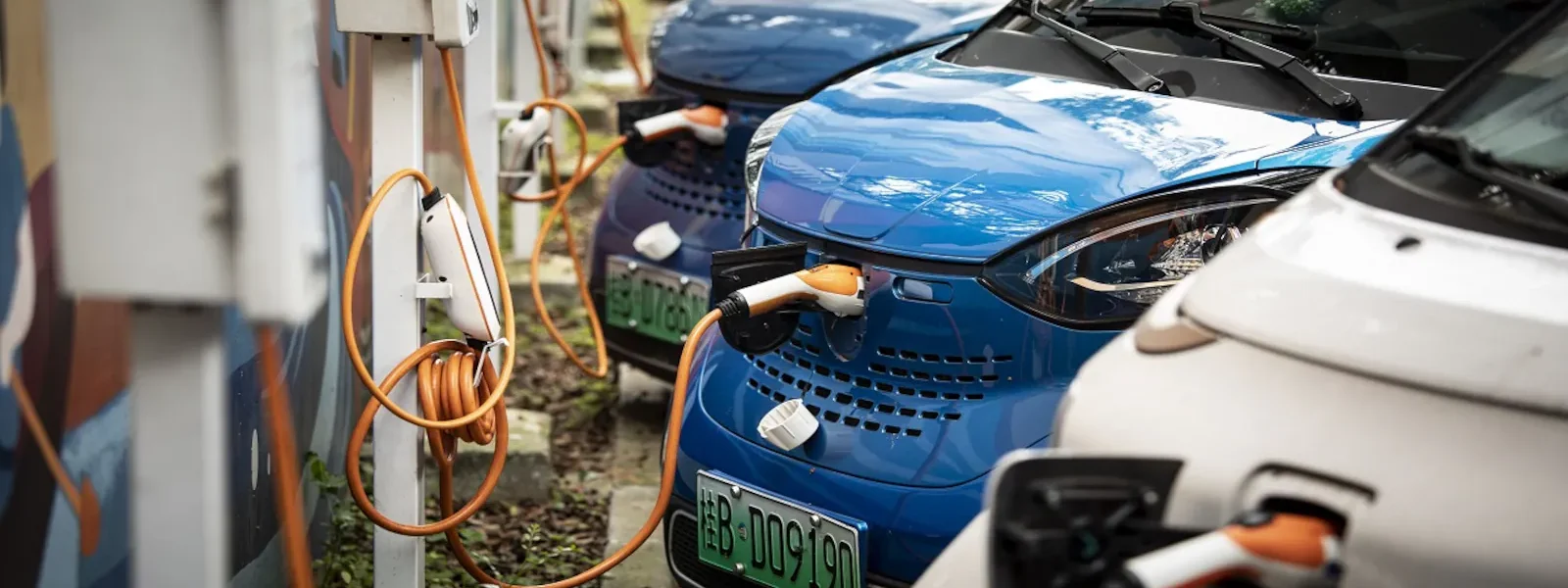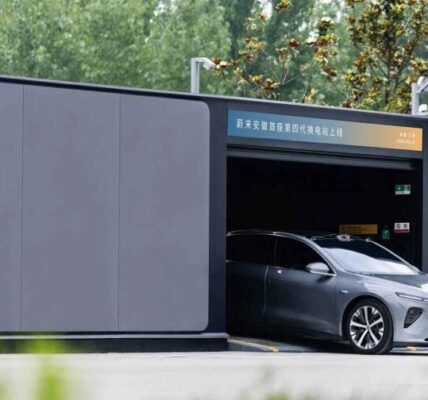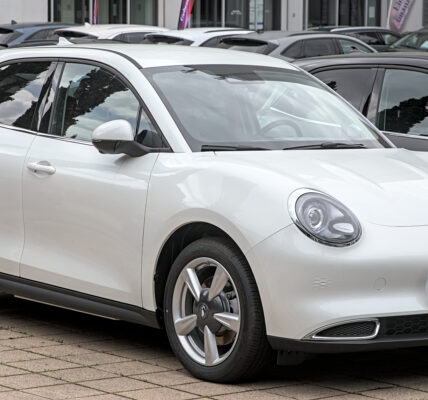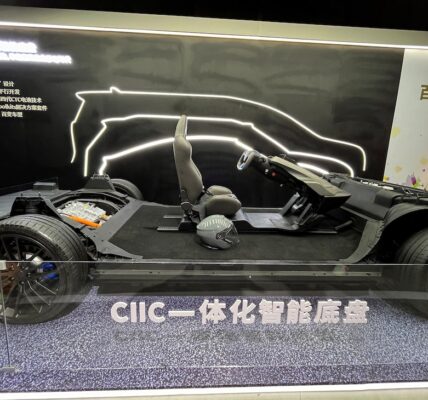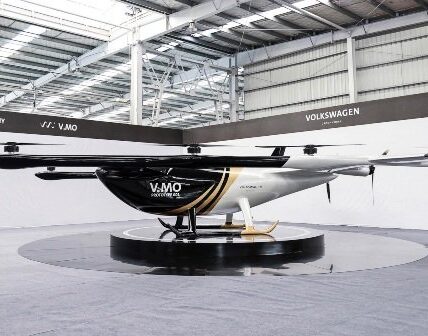China has beaten the United States and taken the lead in the global race to electrification. The eastern Asian nation is home to several successful electric vehicle companies such as Wuling Motors and BYD that have captured a significant portion of the Chinese market and elbowed out major automakers such as Tesla. Battery electric vehicle sales in the country have surged in recent years from only 10,000 units in 2012 to a whopping 4.4 million electric cars on the road last year. The annual electric vehicle sales within this period have increased by 44,000%.
Although BEVs account for only 19% of new vehicle sales in China, EVs in China have a significantly larger share of vehicle sales compared to the United States; this share is only expected to rise. Electric vehicles in the U.S. make up just 6% of new car sales, and the U.S. market still doesn’t have affordable options for the average driver, unlike in China where Wuling Motors is selling tons of tiny EVs.
On top of investments in battery electric cars, China is also directing significant funds toward building up domestic production of renewable energy. Efforts to adopt clean energy in China so far have been overwhelmingly successful, and the country is well on its way to achieving its green-energy production goals through solar and wind energy five years earlier than initially planned.
China’s electric vehicle market is the largest in the world, giving automakers in the country a large market base to work with. Furthermore, the Chinese government has invested heavily in public charging infrastructure, building up a network of more than 1.1 million public charging stations that massively dwarfs anything else in the developed world and accounts for around two-thirds of all charging stations in the world.
This large network gives drivers the freedom of mind to operate their EVs without worrying about their next charge and goes a long way toward alleviating range anxiety. Cumulatively, all these factors have accelerated the growth of China’s electric vehicle industry to global supremacy in just a decade.
In the meantime, the United States and France are serious contenders for the top spot in the global EV industry. Germany may also threaten China’s position in the future as electric vehicle adoption in the country is slowly increasing. Last year alone, the German government registered close to 500,000 new battery-electric vehicles. However, competing nations still have a long way to go before they catch up to China in terms of electrification and green-energy goals.
With China-based EV companies such as NIO Inc. (NYSE: NIO) taking a commanding lead on the domestic market, it is just a matter of time before they embark on conquering international markets as well, and some have already made significant inroads in this effort.


